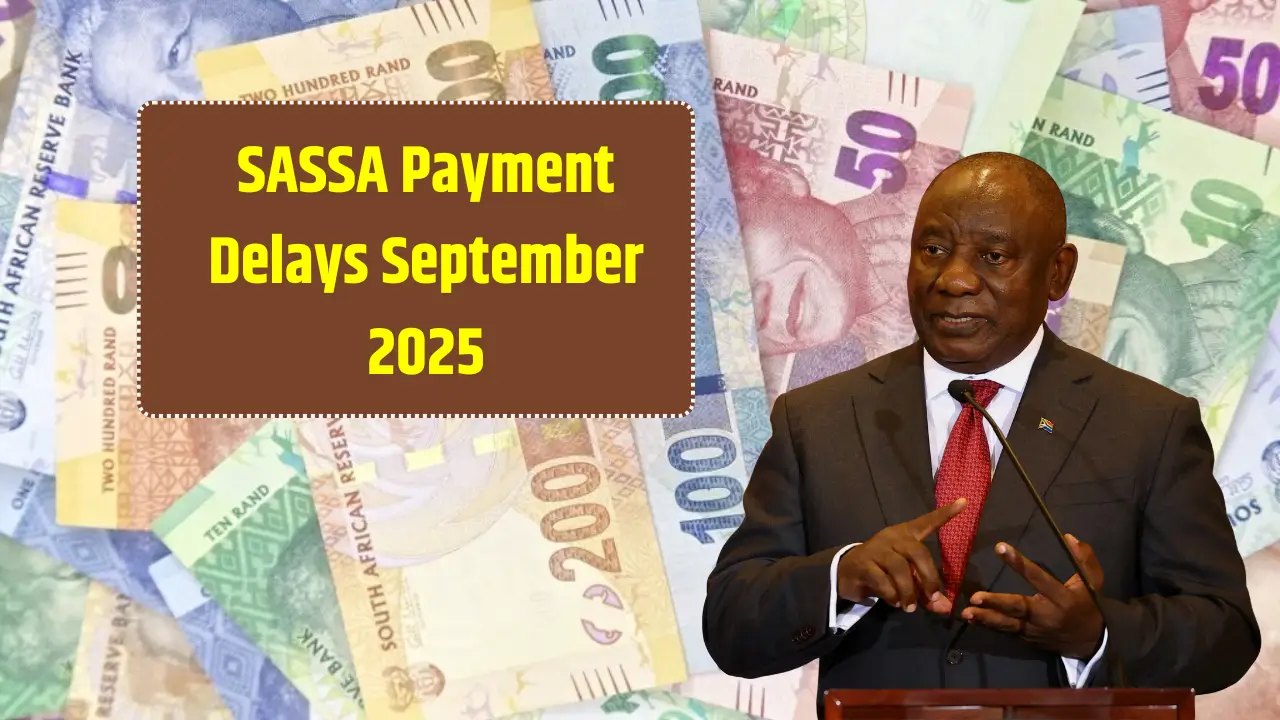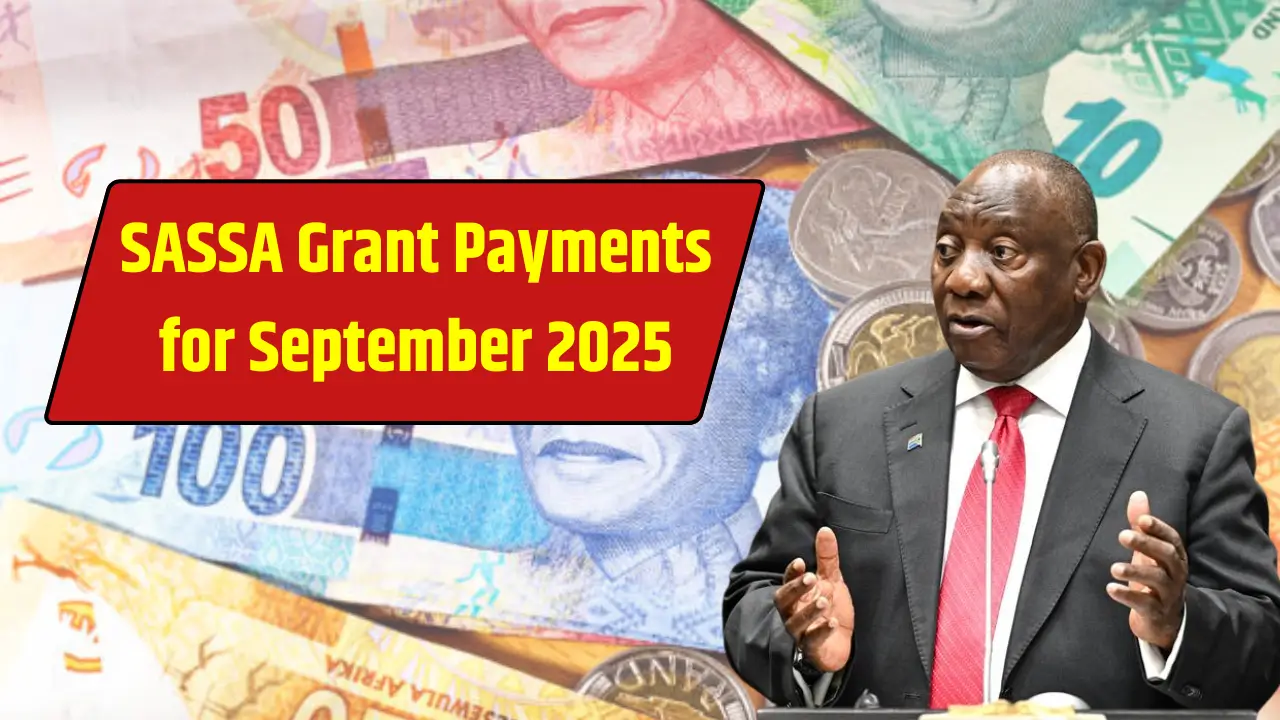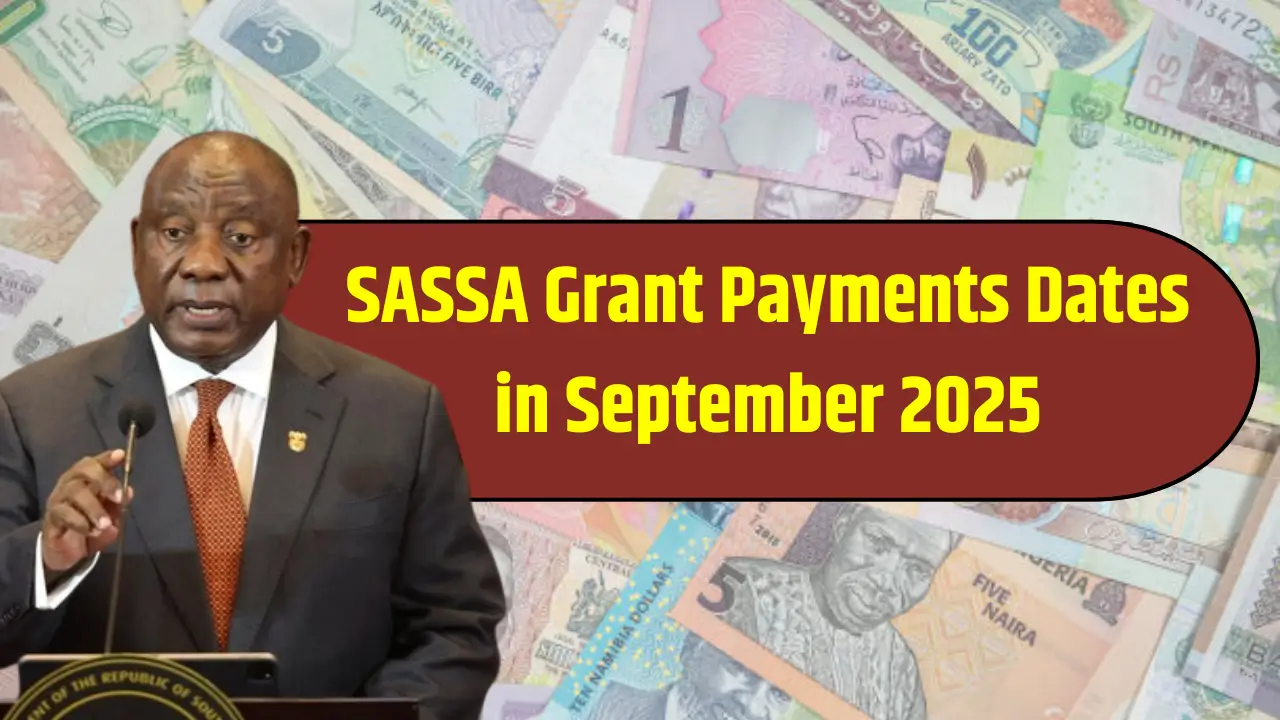South Africa Teacher Salary Increase 2025: The South African government has introduced a significant salary increase for teachers starting in April 2025.
This raise is aimed at improving the financial conditions of educators while recognising their essential role in shaping the nation’s future.
Along with competitive new salary rates, teachers also benefit from enhanced allowances and clearer career growth pathways, reflecting the country’s commitment to strengthening its education sector.
This salary increase forms part of a multi-year wage agreement aligned with inflation rates, ensuring that teachers maintain purchasing power in the face of rising costs. The raise applies across all levels of public school educators, from newly qualified teachers to senior educational leaders.
Apart from financial upliftment, the government also focuses on supporting teachers with benefits such as medical aid subsidies, housing allowances, and a structured professional development framework.
New Salary Rates for South African Teachers in 2025
The teacher salary structure in South Africa is governed by the Relative Education Qualification Value (REQV), which assigns salaries based on qualifications and experience. Teachers progress through different salary notches as they gain experience and additional qualifications.
For 2025, monthly salary scales after the 5.5% increase are approximately:
| Teacher Category | Monthly Salary Range (ZAR) | Annual Salary Estimate (ZAR) |
| Entry-Level Teachers (REQV 10-12) | R12,500 – R15,000 | R150,000 – R180,000 |
| Experienced Teachers (REQV 13) | R25,000 – R30,000 | R300,000 – R360,000 |
| Senior/Master Teachers (REQV 14-17) | R45,000 – R63,000 | R540,000 – R756,000 |
| Heads of Departments & Principals | R50,000 – R106,000+ | R600,000 – R1,270,000+ |
The entry-level category generally includes teachers with a basic Bachelor of Education degree or equivalent. As teachers attain postgraduate qualifications or take on management roles, their salary scales rise accordingly.
Benefits and Allowances for Teachers
In addition to salary, South African teachers receive various benefits that enhance their overall compensation package. These benefits contribute to economic security and social welfare for educators.
- Medical Aid Subsidies: Depending on age and service, teachers qualify for monthly medical aid subsidies ranging approximately from R1,800 to R3,700.
- Housing Allowances: Monthly housing subsidies vary between R750 and R1,998 to help teachers meet accommodation costs.
- Pension and Retirement Benefits: Educators contribute towards government pension schemes and receive gratuities on service completion, generally after 10 or more years of service.
- Other Allowances: Additional provisions may include insurance coverage and incentives aimed at rural postings or shortage subjects.
These benefits are designed to provide financial stability and encourage teacher retention within the public education system.
Career Growth and Professional Development Opportunities
South Africa has developed a comprehensive career progression system for teachers that integrates salary increases with professional growth and leadership pathways. This system encourages continuous learning and rewards experience and qualifications.
Teachers start at entry-level positions and can move through 432 salary notches linked to experience and educational achievements. Promotion to senior roles such as department head, curriculum specialist, or principal are based on performance appraisals and further qualifications.
Continuing Professional Teacher Development (CPTD) is a key requirement, involving ongoing training and workshops. Teachers are encouraged to attain postgraduate certificates, diplomas, or advanced degrees to qualify for higher positions.
Additionally, there are targeted incentives to attract teachers in high-demand subjects such as mathematics, science, and technology, especially in rural or underserved communities. These include bursaries, relocation allowances, and priority placement for qualified educators.
Challenges and Government Initiatives
Despite improvements in salary and career pathways, South Africa faces challenges such as teacher shortages, especially in STEM subjects, and an aging teaching workforce. Nearly half of teachers are above 50 years of age, making replacement and retention critical concerns.
The government has implemented support programs to encourage young professionals to join teaching and to improve teacher education standards. Public sector employment offers stability, making it an attractive career option, particularly when combined with salary increases and benefits.
Summary Table of South Africa Teacher Salary and Benefits 2025
| Category | Details |
| Salary Increase | 5.5% from April 2025 |
| Salary Range | R12,500 – R106,000+ monthly |
| Medical Subsidies | R1,800 – R3,700 per month |
| Housing Allowance | R750 – R1,998 monthly |
| Pension Benefits | After 10+ years of service |
| Career Progression | 432 salary notches; promotion pathways |
| Professional Development | Continuing training via CPTD programs |
| Targeted Support | Incentives for STEM and rural teachers |
Conclusion
The South Africa Teacher Salary Increase 2025 marks a significant advancement in rewarding educators fairly and helping them grow professionally.
With improved salary scales, enhanced benefits, and clear career pathways, the teaching profession in South Africa is increasingly becoming a stable and respected career choice.
The government’s ongoing initiatives ensure that teachers receive the support they need to deliver quality education and contribute positively to national development.
Frequently Asked Questions (FAQs)
Q1: What is the percentage increase in teacher salaries in South Africa for 2025?
A: Teachers received a 5.5% salary increase effective from April 2025.
Q2: What is the starting monthly salary for a newly qualified teacher?
A: Approximately R12,500 to R15,000 per month.
Q3: What benefits do South African teachers receive besides salary?
A: Medical aid subsidies, housing allowances, pensions, and other allowances.
Q4: How can teachers advance their careers in South Africa?
A: Through experience, further qualifications, and participation in Continuing Professional Teacher Development programs.
Q5: Are there incentives for teachers in high-demand subjects?
A: Yes, including bursaries, relocation allowances, and priority school placements.













